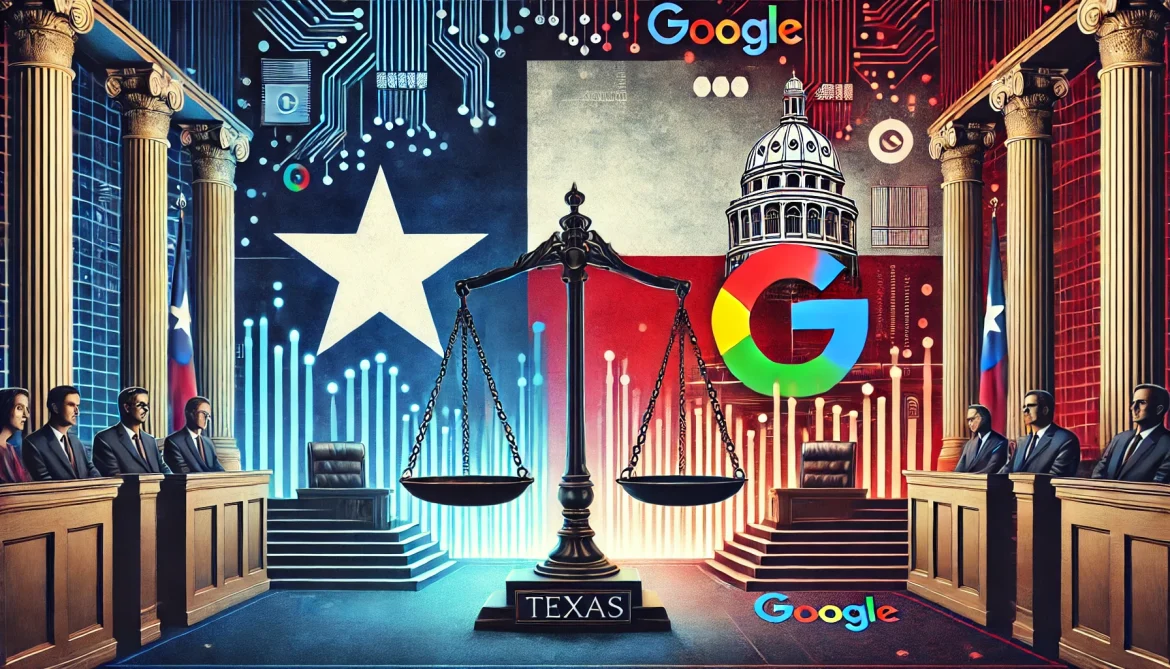A federal appeals court has ruled in favor of Google, stating that the tech giant cannot be sued in Texas for allegations involving the tracking of residents’ location and search history without their knowledge. The ruling marks a significant setback for the state’s efforts to hold the company accountable under the Texas Deceptive Trade Practices Act.
The lawsuit, initiated by the Texas Attorney General’s office, accused Google of misleading consumers about their ability to opt out of location and search tracking. The state argued that users were deceived into believing they could adjust their privacy settings to stop the tracking, while the company allegedly continued to collect data in the background.
The appeals court determined that Google does not have sufficient ties to Texas to justify its inclusion in the lawsuit. The court’s decision underscored the limitations of state jurisdiction over companies operating across multiple regions. Google successfully argued that the case lacked the necessary connection to Texas, further complicating efforts to pursue legal action against tech firms on a state-by-state basis.
The Texas Attorney General’s office expressed disappointment with the ruling, maintaining that Google’s practices were harmful to Texas consumers. They claimed that users were deprived of transparency and meaningful control over their personal data, a violation of consumer protection laws. Legal analysts suggest this decision could set a precedent for similar cases involving tech companies and jurisdictional disputes.
The lawsuit is part of a broader wave of legal and regulatory challenges faced by major tech firms over data privacy and consumer rights. Google, like other tech giants, continues to face scrutiny worldwide for its handling of user data and privacy practices. However, this ruling represents a legal victory for the company in fending off state-level litigation.
Privacy advocates have criticized the ruling, arguing that it leaves Texas residents without recourse for alleged invasions of privacy. They have called for federal action to standardize data privacy laws and ensure accountability for companies regardless of jurisdiction. Meanwhile, Texas officials are exploring other potential legal avenues to address what they view as deceptive practices by Google.
This ruling highlights the ongoing tension between state-level consumer protection efforts and the expansive reach of multinational tech companies, raising questions about the future of data privacy regulation in the U.S.



